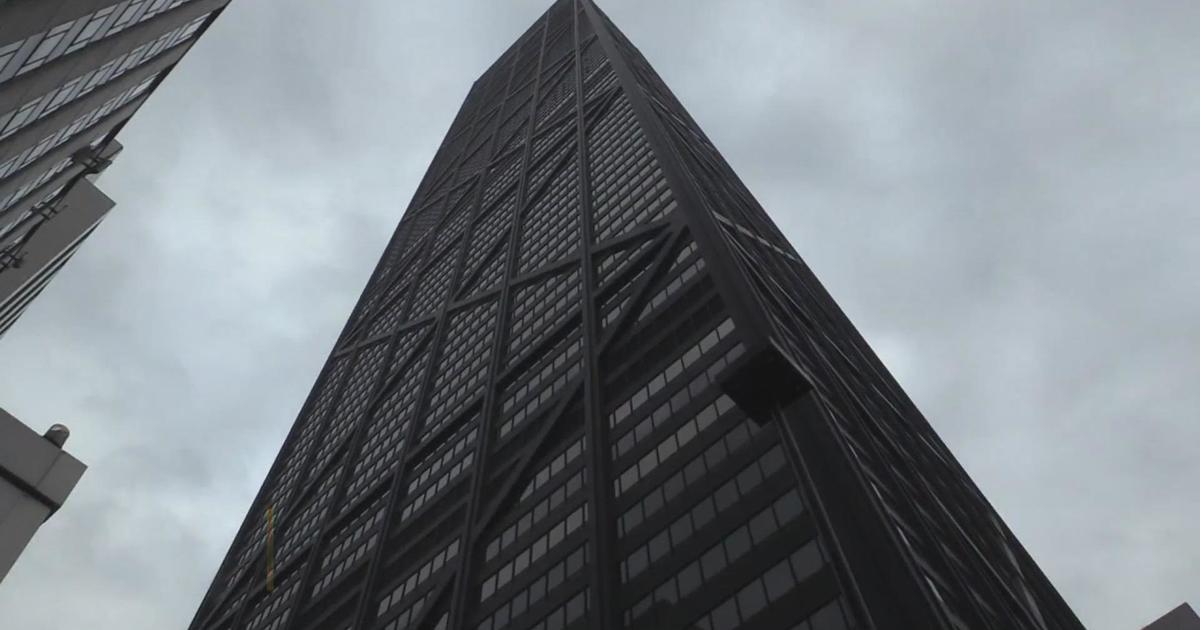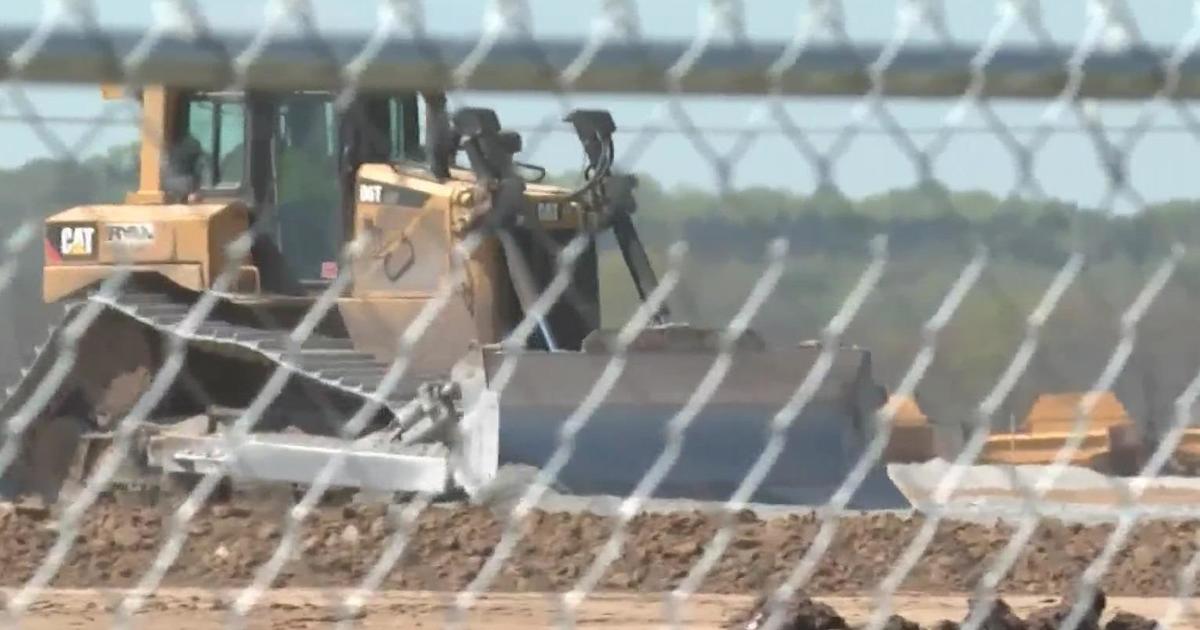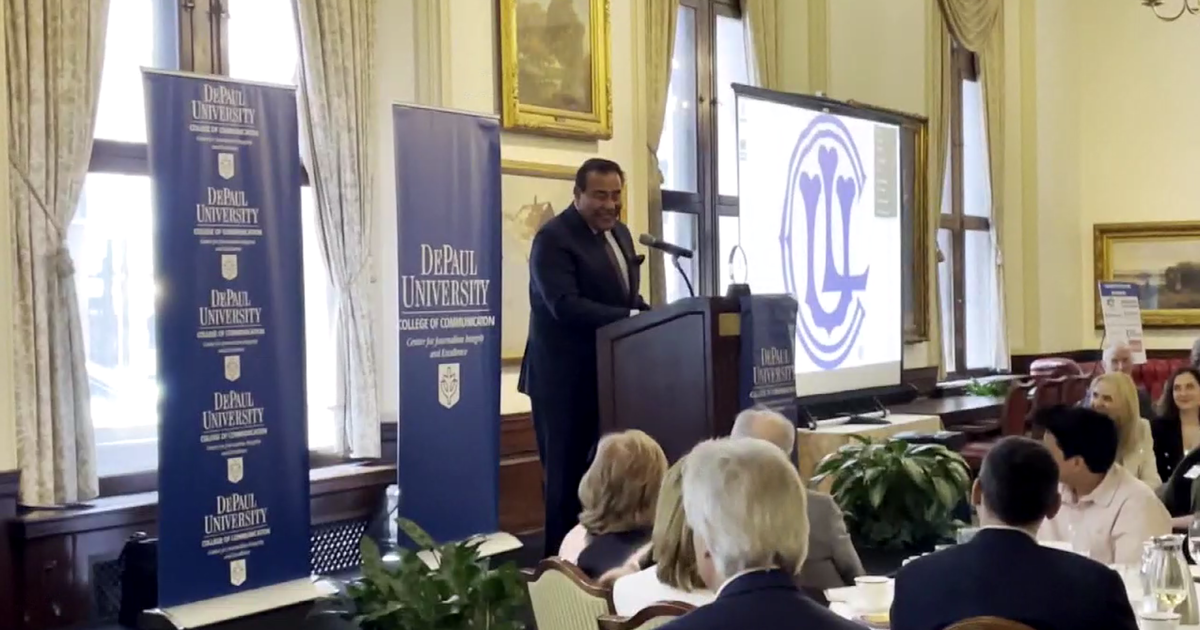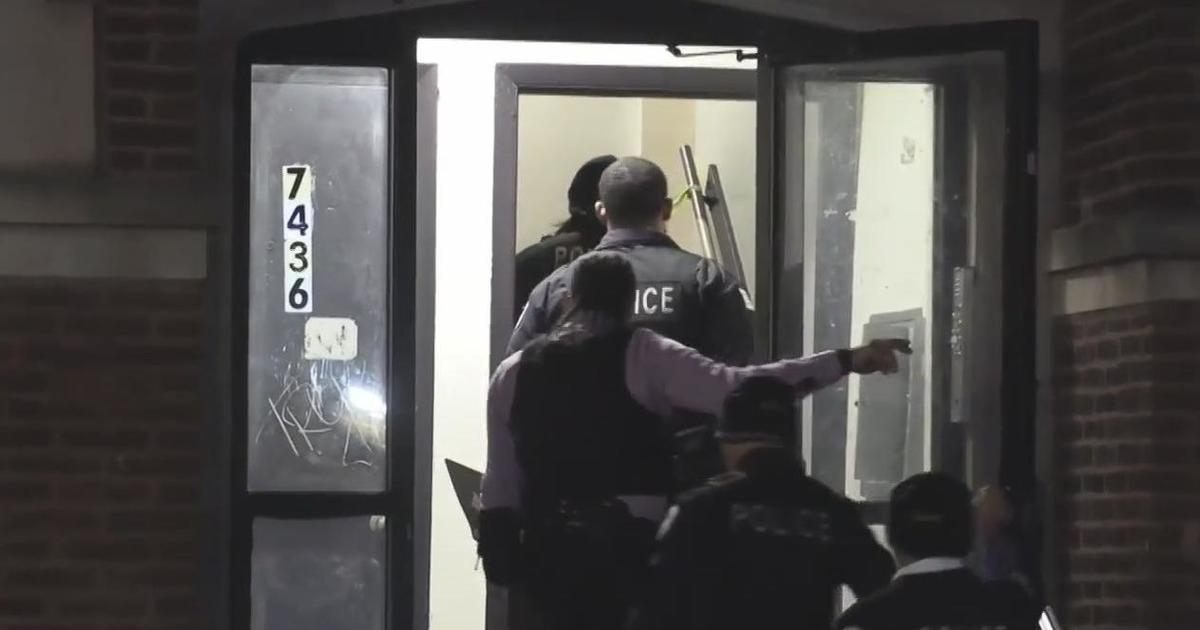Computer Helps Doctors At Rush Treat Strokes From Miles Away
CHICAGO (CBS) -- We use computers to chat with our friends and families, but how about to save lives? As CBS 2's Mai Martinez reports, it's happening right now in our area.
Stroke patient Jerry Lordan was being evaluated by a neurologist on Tuesday, but the doctor was not in the same room; not even in the same city.
Thanks to a telemedicine system – a combination of advanced videoconferencing and imaging technology – neurologists at Rush University Medical Center in Chicago can now log on and evaluate and treat stroke patients who are miles away at Rush Oak Park Hospital.
"The stroke neurologist then can see with the camera, can see the patient, can listen to the patient," said Dr. Daniel Noonan, director of emergency services at Rush Oak Park Hospital.
The robot at Rush Oak Park means a specialist is always just a few minutes away.
Dr. James Conners at Rush University Medical Center said that, when dealing with a stroke patient, just a few minutes can be vital.
"They're really critical because anytime you have somebody who is having an acute stroke, time is brain as we say," he said. "Every minute that goes by you lose millions of neurons and the connections between the brain cells."
Two weeks ago, when Lordan had his stroke, he was treated using the telemedicine system. It threw him off a bit, but he said that, "When you're having a stroke, when you're drowning and someone throws you a life preserver, you're thrilled."
He said he actually forgot he was interacting with the doctor through a computer.
Doctors also forget.
"It all flows pretty well," Conners said. "It's surprisingly easy."
But Conners said patients don't have to worry about computers like the telemedicine system at Rush replacing their doctors altogether.
"It'll never replace the doctor in the room. I think what is does is it adds to what is available already in the emergency room," Conners said.
The doctors at Rush said that, using this technology, they can potentially treat patients anywhere in the world, but right now in the U.S., it's being used to help better equip smaller suburban or rural hospitals with big city specialists by connecting the two.



